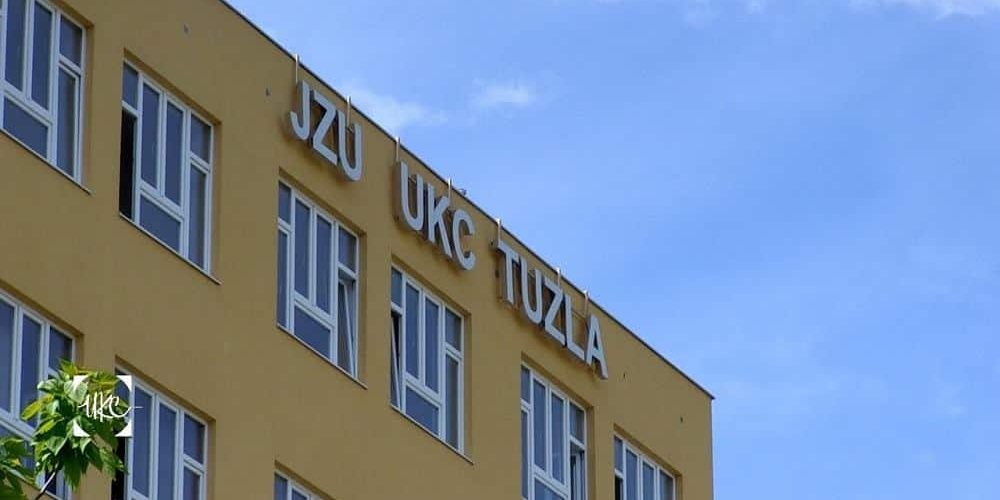World Lymphoma Awareness Day is held on September 15 every year and is a day dedicated to raising awareness of lymphoma. Lymphomas are cancers of lymphocytes that are divided into Hodgkin’s and non-Hodgkin’s lymphomas. Although there is no a national registry for patients suffering from lymphomas in Bosnia and Herzegovina, the data of the WHO’s source for information about cancer-the International Agency for Research on Cancer from 2012 had shown that this disease in our country is less common comparing to neighboring and other countries in Europe, with an incidence of 2.8 per100 000 inhabitants of both sexes. However, according to the data from clinical centers in the Federation of B&H, each year about 100 to 150 people are being diagnosed with lymphoma, with a slightly increasing trend in the number of new cases. It is expected in 2017 that the final analysis from Lymphoma Working Group of Federation of B&H is to provide accurate data on the incidence of lymphoma in recent years.
According to the president of the Association of Pediatric Hematology and Transfusion of the Federation B&H, Dr. Azra Jahić, MSci., early diagnosis and treatment may significantly affect disease outcomes and prognosis. “Symptoms that may occur are enlarged lymph glands, fewer of a vague causes, sweating, itchy skin, weight loss, loss of apetite, occasional pain in the chest or abdomen. Diagnosis is based on histological and immunohistochemical findings of lymph gland or affected skin biopsy.”, explains Dr. Jahić adding that a computed tomography allows the doctor to determine the dimensions of the lymph glands, as well as to present whether the disease is active in the lymph glands.
“The introduction of a high-dose chemotherapy supported by autologous bone marrow transplantation, and the introduction of immunotherapy significantly affect a prolonged duration of remission and survival without the disease refreshments. Although monoclonal antibodies has proven as a potent and effective type of therapy, it is also very expensive therapy in the F B&H and unfortunately not available to all patients with non-Hodgkin’s lymphomas, while patients with refractory Hodgkin’s lymphomas cannot be treated with monoclonal antibodies as the same is not currently funded by the Health Fond.
On the occasion, Dr. Jahić stressed the need for greater understanding and better financial planning in the process of allocating financial resources for the purpose of treatment of patients with hematological malignancies by the legislative and executive authorities.







